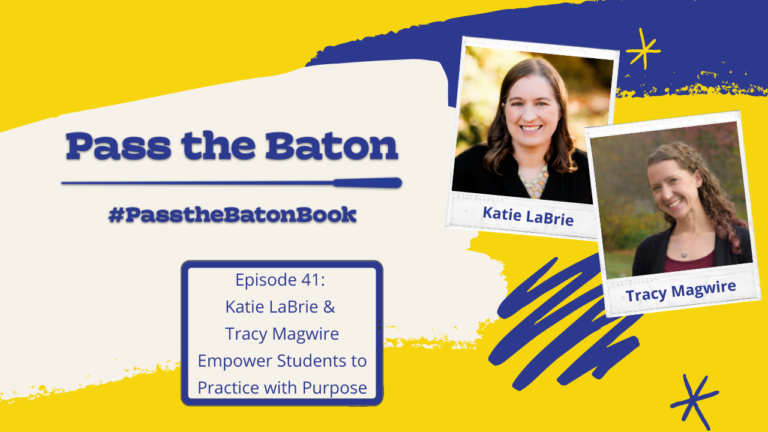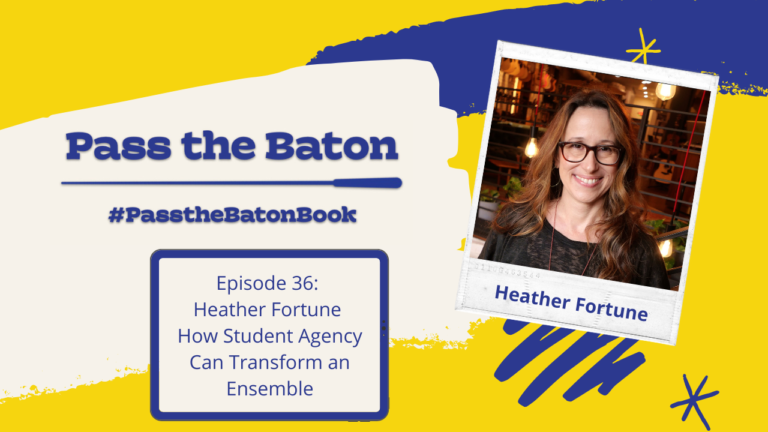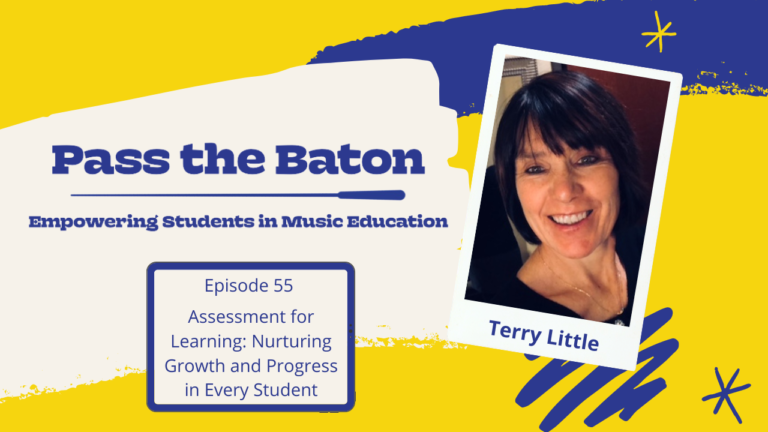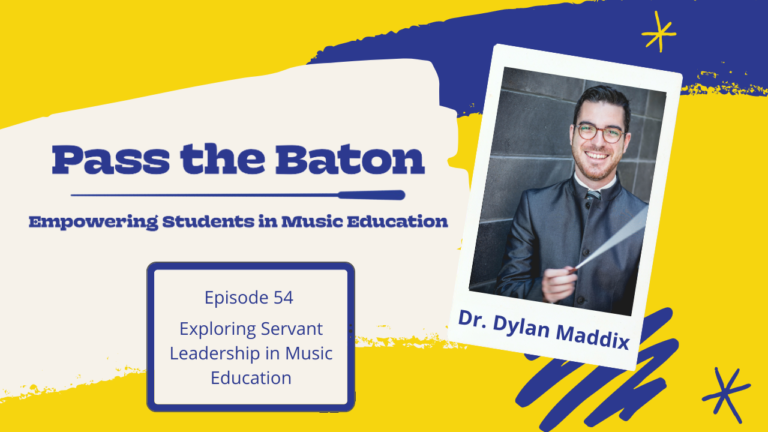Unlock Student Potential: Transforming Assessments in Music Education
In Episode 67, the conversation centers on transformative approaches to student assessments. Angela Harman shares her journey from traditional to student-driven assessments, which involve students in both self-assessment and peer feedback processes. This method not only makes assessments more meaningful and manageable but also fosters a supportive learning environment where students are encouraged to be active participants in their own learning journey. The interview emphasizes practical strategies that music teachers can apply to shift the focus from mere grading to genuine student growth and learning progress.
Angela’s approach reflects a significant shift in educational practices, promoting student autonomy and a collaborative classroom atmosphere. These methods are not just about easing the teacher’s burden but are crucial in helping students develop independence and critical skills necessary for their musical and personal development. The interview is rich with insights and real-life applications that are relevant to music educators looking to enhance their teaching methods and student engagement.

Listen to the full interview:
Here are some key takeaways from Episode 67:
- Implement peer assessments to build a collaborative classroom and enhance students’ ability to give and receive constructive feedback.
- Shift from traditional grading to student-driven assessments to focus more on learning progress and less on scores.
- Use structured rehearsals followed by peer feedback sessions to empower students and make large class management easier.
- “Choose Your Own Assessment” activities allow students to focus on their individual learning needs during practice.

Connect with Angela and learn more:
- Website: http://www.orchestraclassroom.com
- Blog: http://orchestrateacher.blogspot.com
- Instagram: @orchestra.teacher.life
Ready for more?
You can check out the full interview on YouTube or your favorite podcast platform. Or you can listen right here, on Spotify Podcasts!
You might also enjoy:
- Episode 55: Assessment for Learning: Nurturing Growth and Progress in Every Student, with Terry Little
- Episode 48: Exploring Student Composition to Spark Student Creativity, with David Getz
- Episode 32: Creativity with a Student First Mindset, with Jodie Blackshaw
- Episode 13: Creativity Through Music Composition, with Sonya Knussen




